Porto's Pilot City Activity: WAKE UP - Wider Approach to Keep Engaged citizens on sustainable Urban Policies

Background
The local context for the WAKE UP pilot project in Porto involves a commitment to achieving carbon neutrality by 2030, as outlined in initiatives like the Porto Climate Pact and the European Mission for Climate Neutral and Smart Cities. Key barriers and challenges include the need to actively engage citizens in sustainable practices, promote behavioural changes, and align individual actions with overarching climate goals. The project aims to address these challenges by developing an integrated digital platform accessible through the “Cartão Porto” (Porto Citizen Card), providing citizens with insights into their carbon footprint across domains such as water, energy, mobility, food, and waste. By fostering awareness, incentivising sustainable behaviours, and involving diverse stakeholders, the WAKE UP pilot seeks to overcome barriers and contribute to the city’s climate resilience and sustainability objectives.
Description of Activities
The pilot activities of WAKE UP primarily focus on engaging citizens in the city of Porto towards sustainable urban practices. The key areas of intervention include water, energy, mobility/transport, food, and waste. Planned activities encompass the development of a digital platform with a user-friendly interface for citizens to monitor and optimise their resource consumption. Additionally, there will be a gamification element to incentivise sustainable behaviours, a sustainability and impact assessment to evaluate the project’s effectiveness, and replication facilitation to identify and disseminate best practices to other cities. The municipality will coordinate project management, financial aspects, and sustainability assessments, ensuring alignment with broader objectives. Stakeholder engagement involves collaboration with various organisations, including educational institutions, public transportation operators, and municipal companies, fostering a comprehensive approach to sustainability.
Objective
The key objective of the WAKE UP pilot activities is to empower citizens in Porto to actively contribute to achieving the city's carbon neutrality goals by fostering sustainable behaviours across multiple domains, as facilitated by the integrated digital platform.
Are the pilot activities building upon or part of a previous and/or existing activity?
The WAKE UP pilot builds upon and synergises with existing initiatives in Porto, such as the Porto Climate Pact and the European Mission for Climate Neutral and Smart Cities. Leveraging the groundwork laid by these commitments, WAKE UP integrates and expands sustainability efforts across water, energy, mobility, food, and waste management. The pilot capitalises on Porto’s established projects funded by the municipality and the European Commission, ensuring alignment with ongoing sustainability endeavours. Existing collaborations with organisations like Águas e Energia do Porto and CEiiA, coupled with engagement with stakeholders from various sectors, demonstrate a commitment to a cohesive and inclusive approach. WAKE UP thus extends the impact of previous actions, fostering a holistic and innovative model for citizen involvement in sustainable urban policies.
Which emissions domains will the pilot activities address?
Systemic transformation – levers of change the pilot activities will exploit
Stakeholder types that the city would like to engage in the pilot activities
Transferable features of the pilot activities to a Twin City/ies
- Comprehensive Data Integration: WAKE UP integrates data from multiple sources, including energy consumption, water usage, transportation patterns, and waste management. For instance, data from Águas e Energia do Porto (AEdP) enables insights into water consumption, contributing to behaviour change initiatives. This comprehensive approach allows citizens to understand their environmental footprint across various domains, fostering informed decision-making.
- Engagement Metrics and Impact Measurement: The pilot includes mechanisms to track user engagement and measure the impact of sustainable behaviours. For example, the number of participants in gamified challenges, frequency of app usage, and reductions in carbon emissions can be quantified. By leveraging data analytics, cities can assess the effectiveness of their sustainability initiatives and refine strategies accordingly.
- Scalable Platform Architecture: The WAKE UP platform is designed with scalability in mind, allowing for easy replication in Twin cities. Its modular structure and interoperable Application Programming Interface (APIs) facilitate seamless integration with existing systems and services. Moreover, standardised data models ensure compatibility with diverse data sources, simplifying the implementation process for partner cities.
- Cross-Sectoral Collaboration: The pilot fosters collaboration between public and private stakeholders, academia, and civil society organisations. For instance, partnerships with entities like CEiiA for gamification development and Ágora for cultural engagement demonstrate a multi-stakeholder approach to sustainability. Twin cities can replicate this collaborative model to leverage local expertise and resources for holistic sustainability initiatives.
- Behavioural Insights and Targeted Interventions: Through data analysis and machine learning algorithms, WAKE UP provides personalized recommendations and incentives to users. For example, insights from mobility patterns can inform targeted interventions to promote public transportation usage or active transportation modes. By tailoring interventions to specific user profiles and preferences, cities can maximise the impact of their sustainability campaigns.
- Community Empowerment and Co-Creation: The pilot emphasises community empowerment and co-creation through initiatives like ambassador training and workshops. By involving citizens in the design and implementation of sustainability solutions, cities can build a sense of ownership and foster long-term behaviour change. This participatory approach enhances the sustainability of interventions and strengthens social cohesion within communities.
By leveraging these specific features, Twin cities can benefit from Porto’s experience and expertise in sustainable urban development, driving positive environmental and social outcomes in their own communities.
Enabling conditions that will support the successful replication of your pilot activities in the Twin City
The success of replicating this pilot will depend on several factors. Some of them are external and independent of the will of the municipalities. Following are some examples of points that are essential for the successful implementation of a project of this scale:
- The political support and determination to validate and accelerate the necessary procedures for integrating and creating this network of work.
- A vision of shared work towards the common goal of climate transition between the several areas of intervention in the municipality. Breaking the silos is key to have a broader approach.
- Infrastructures already prepared and available for the population to opt for more sustainable alternatives, particularly in relation to the transport network, waste management and local purchasing;
- Up-to-date, reliable information made available to citizens regarding their consumption habits to promote awareness, customised information and, consequently, changes in behaviour. This includes the consumption of water, energy, mobility and eating habits, among others;
- Creation of a possible network of compensation schemes. For the population to embrace the logic of offsetting, they must be attracted to the option of exchanging currency for goods or services that are useful or interesting to them.
This answer is not exhaustive and simply an indicative one.
What does the city want to learn from Twin City/ies?
Within the scope of this pilot, we identified some barriers that could arise not only in the city of Porto, but also in other cities that want to replicate this solution. We believe it would be pertinent to explore the following issues in greater depth with the Twin City:
- Involvement of stakeholders that support the gathering of behavioural relevant data.
- Strategies for improving community engagement and involvement.
- Communication strategies for new and more sustainable habits.
- User-friendly interface for greater engagement in the promotion of sustainable behaviour.
- Economic models to support the compensation strategy.
This answer is not exhaustive and simply an indicative one.

